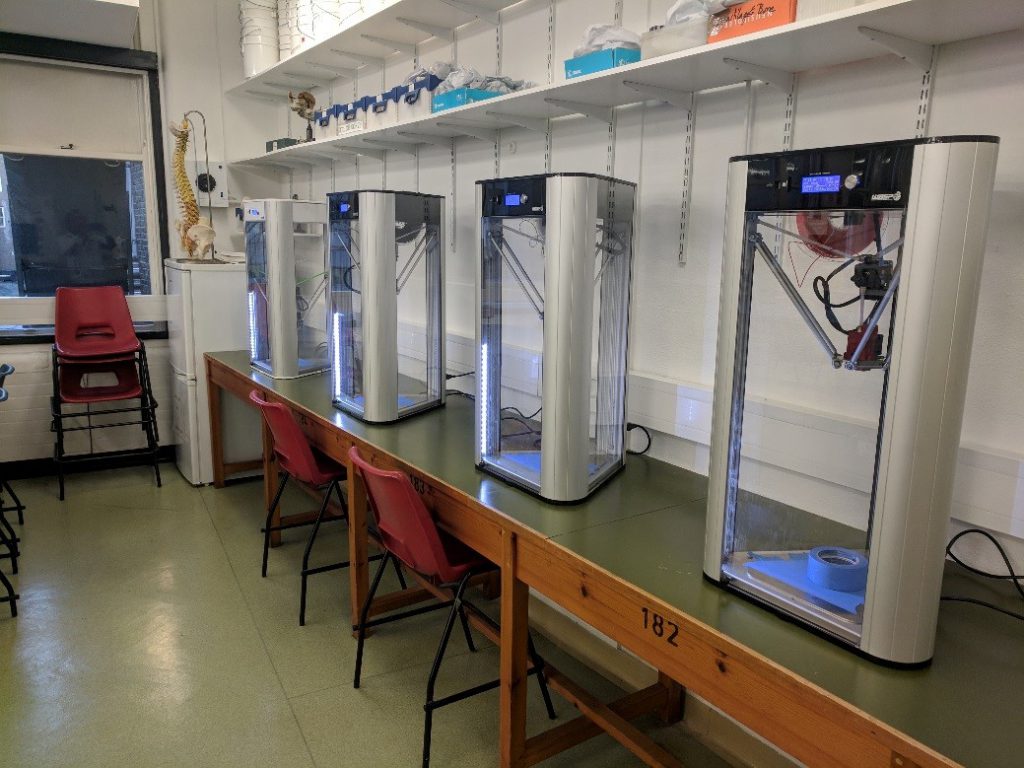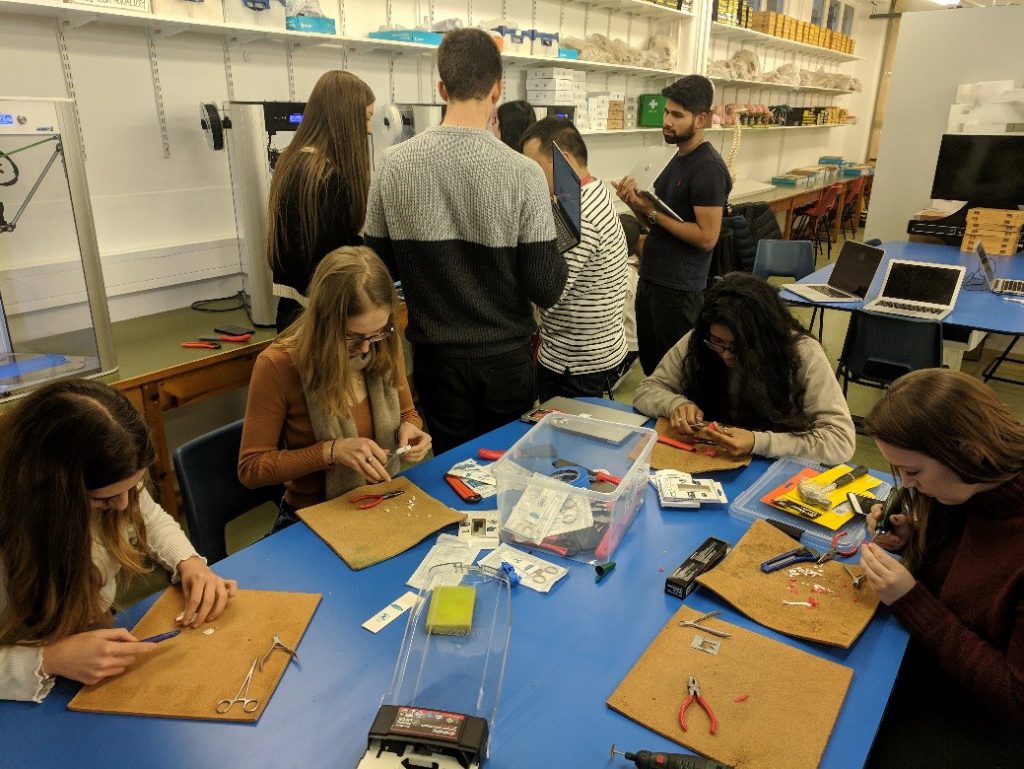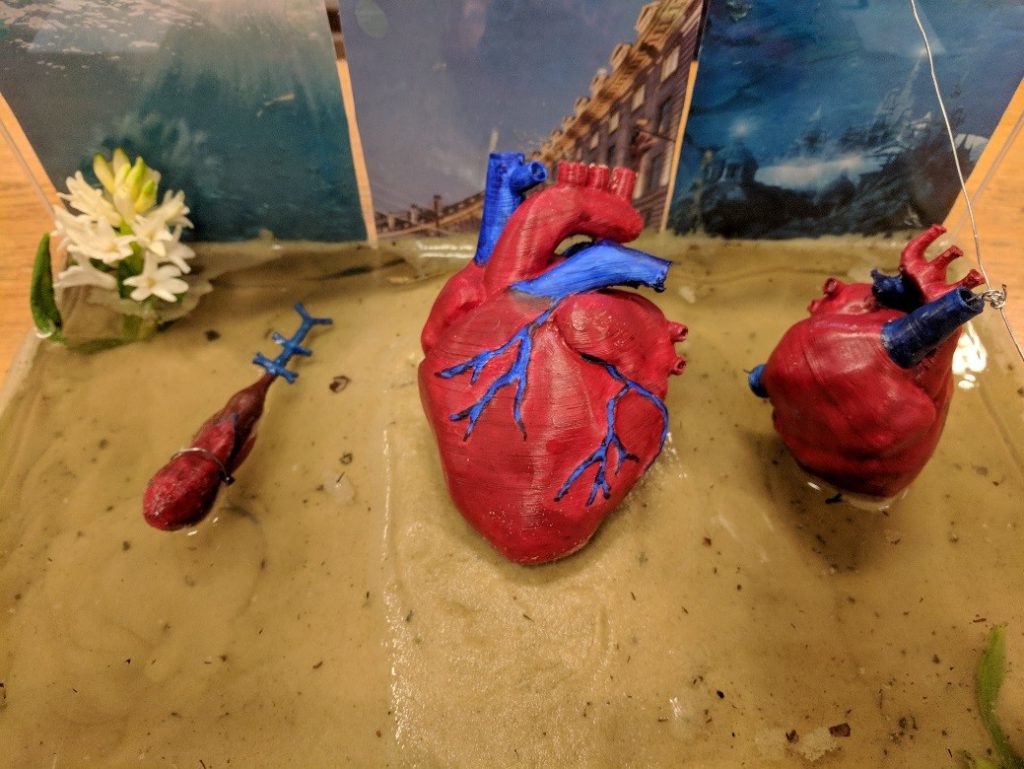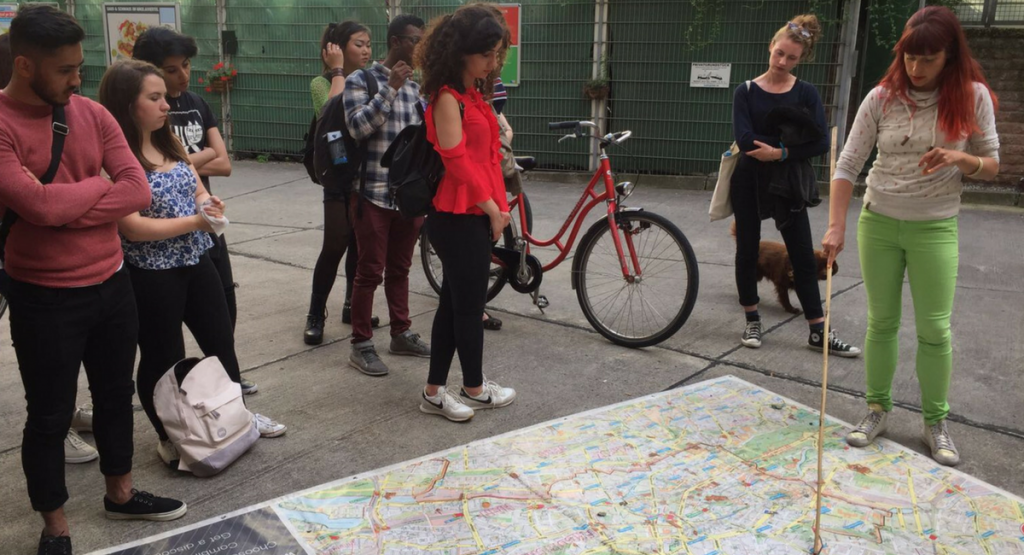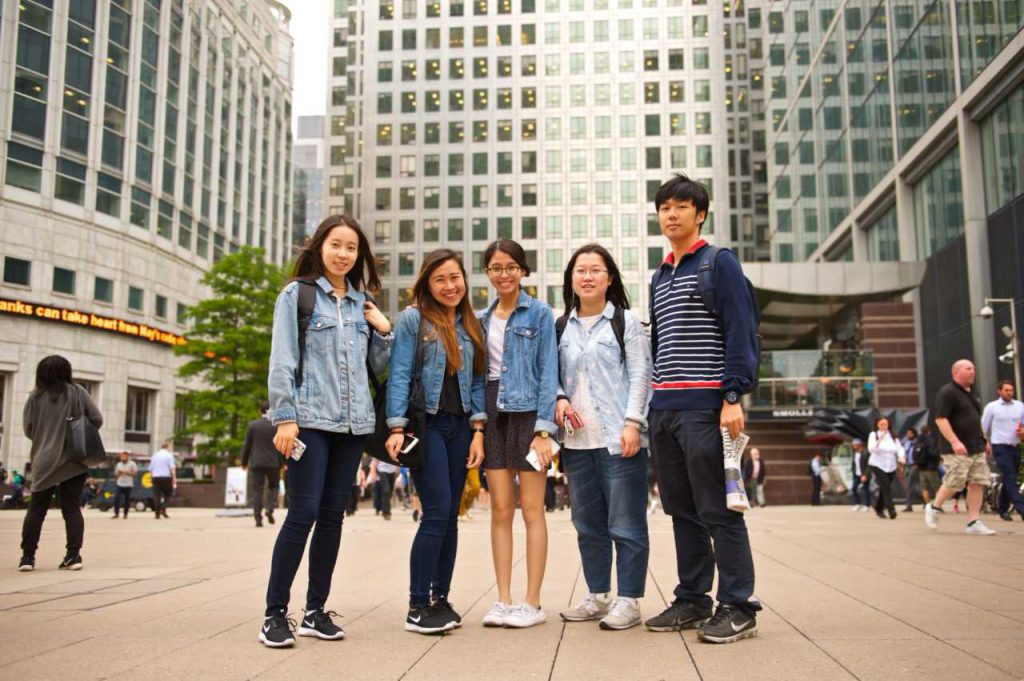Kawal Rhode, Professor of Biomedical Engineering, and head of Education for Biomedical Engineering and Imaging Sciences, talks to us about 3D printing, as a new aspect on the Undergraduate Healthcare & Technology, as well as Human Anatomy & Physiology Summer School courses.
I carry out research and teaching at King’s and have been working in the exciting area of additive manufacturing or 3D printing, as it is commonly known. 3D printing is used at King’s for research, education and also for clinical work at our partner hospitals. The technology has progressed rapidly over the last years and it enables 3D computer models to be translated into real physical models. For example, we see below how a computer model of a decorative ring has been used to produce the actual ring:
We have recently created a 3D Printing Education Laboratory at our campus at Guy’s Hospital for use by our healthcare students:
A series of hands-on sessions about 3D printing will be included in both of my 2018 Summer School modules. We will learn how to create both anatomical models from medical images and engineering models from computer-aided design (CAD) software:
Here are examples of heart models that were created by our current undergraduate students from CT images:
I am really looking forward to teaching our Summer School students about this exciting technology and seeing the 3D models that will be created by them.


